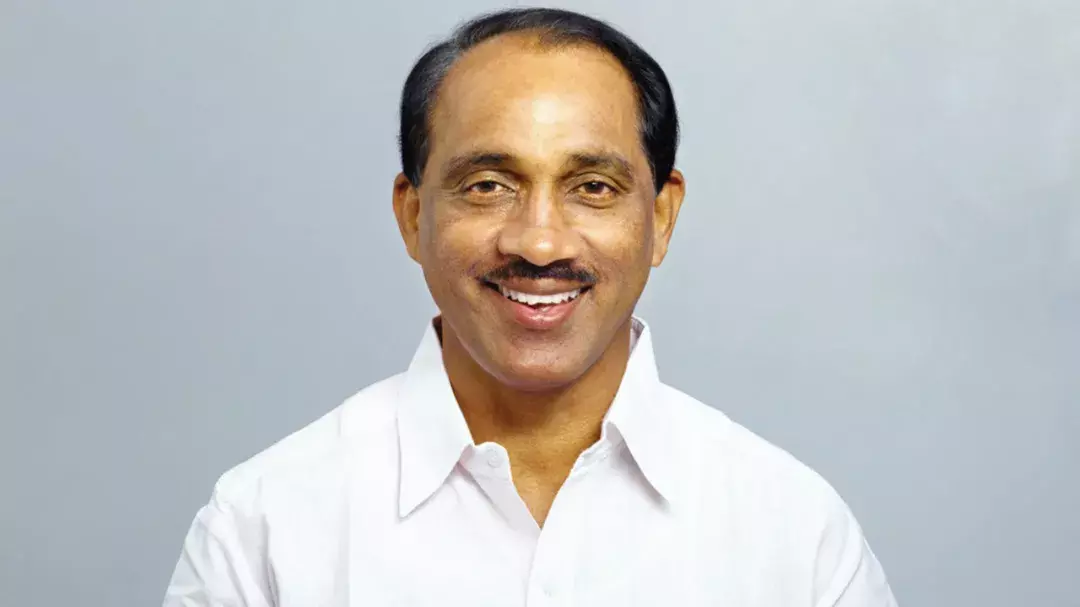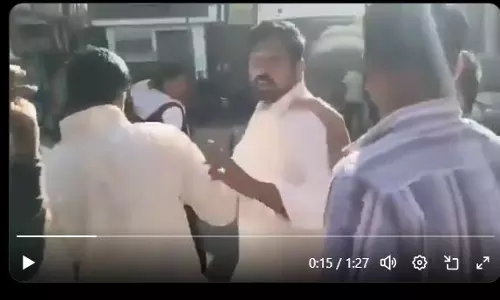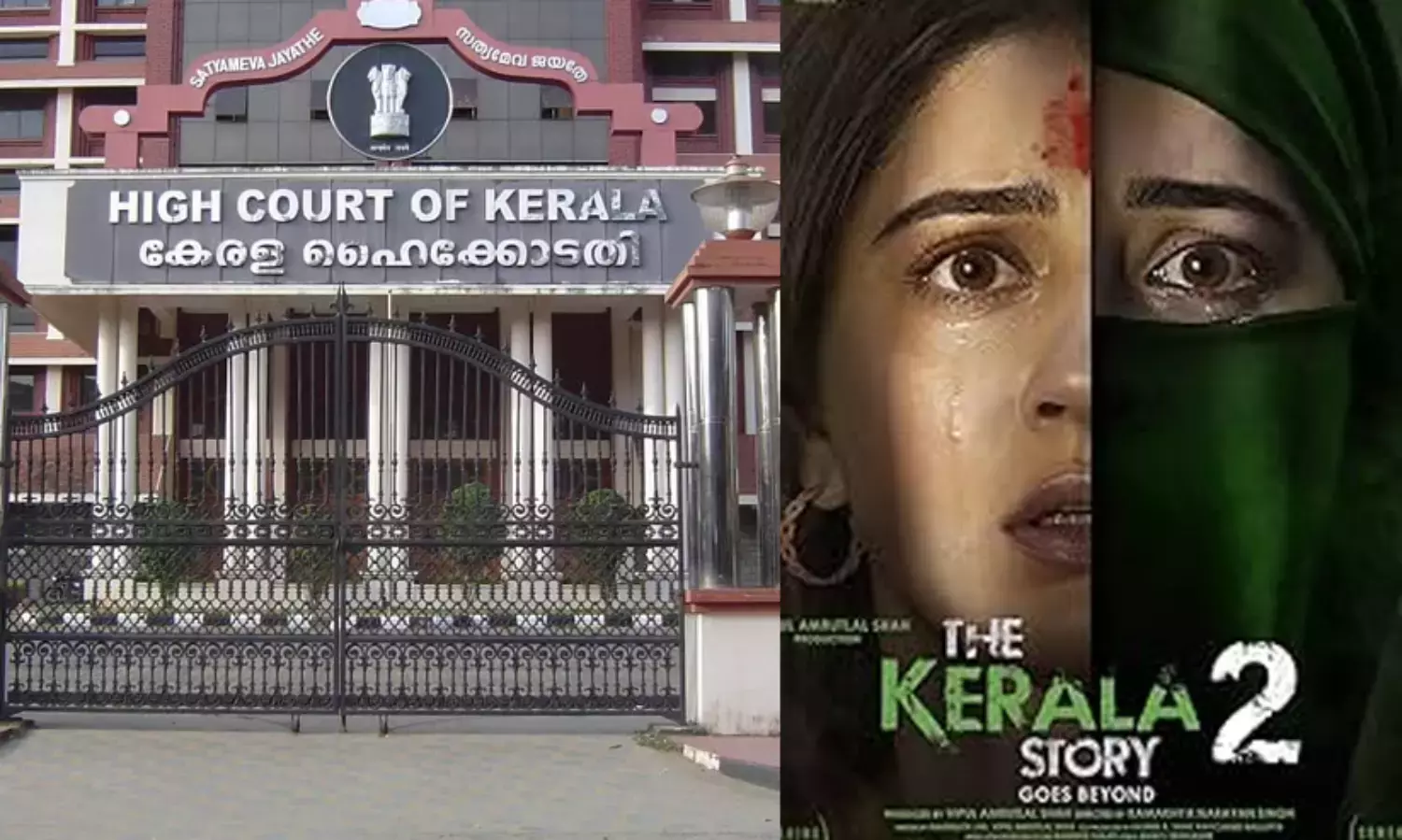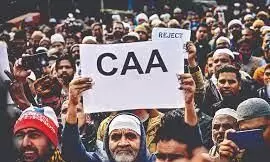
Eligibility for citizenship can be certified by a priest, says Govt helpline
text_fieldsNew Delhi: Amidst nationwide opposition to the implementation of the Citizenship Amendment Act since the issue of the Rules, especially surrounding the use of religion as a basis for eligibility for Indian citizenship, it now emerges that the certificate to validate the religion in the application for citizenship can be issued by a local priest, according to a government helpline for CAA under the Union Home Ministry.
The information has been obtained and carried by the Hindu newspaper after enquiry with the said helpline. The report also explains that the application for citizenship requires, along with an affidavit and supporting documents, a certification about religion, to be uploaded to validate that he or she belongs to one of the six stipulated religious communities, i.e. Hindu, Sikh, Parsi, Christ, Buddhist or Jain.
The certificate is to be issued by a 'locally reputed community institution'. The Hindu also checked about the format to be used for the said certificate and was told that it could be in any white sheet of paper or a stamp paper of Rs 10.
The application form also stipulates that the certifying person should state his name and address and also confirm that he knows the applicant for one who hails from one of the three specified countries (Pakistan, Bangladesh and Afghanistan.
The CAA was passed in December 2019 providing for fast-tracking of grant of citizenship to undocumented non-Muslim citizens of Pakistan, Bangladesh and Afghanistan and entered India prior to December 31, 2014.. There have been vociferous protests within India and worldwide against the discriminatory nature of the law, in that Muslims too have entered India during the same period for similar reasons as cited by non-Muslims. More pertinently, it is pointed out that not all asylum seekers of the category did not come due to religious persecution – a reason cited by the government, though not part of the letter of the law.
Protests in India were however suspended with the onset of Covid-19.
The law is under challenge through over 230 petitions in the Supreme Court , most of them filed after the passage of the law, and a few recently following the issuance of Rules under the law made in March 11.






















